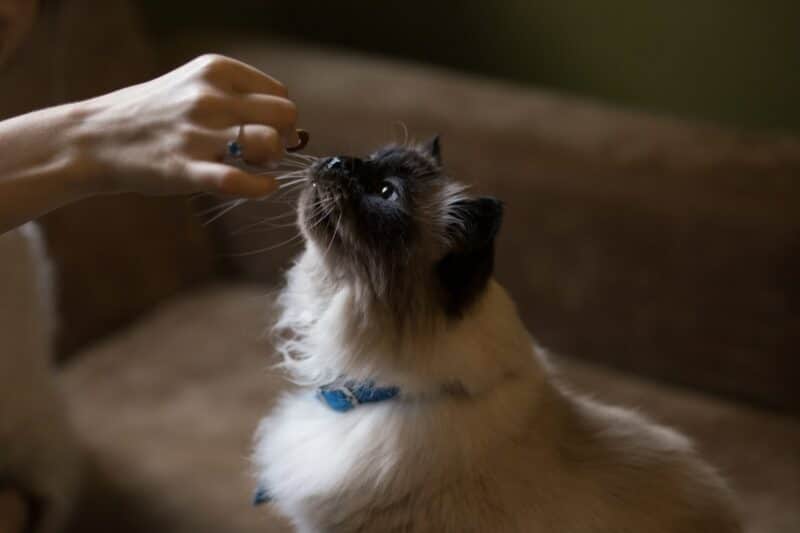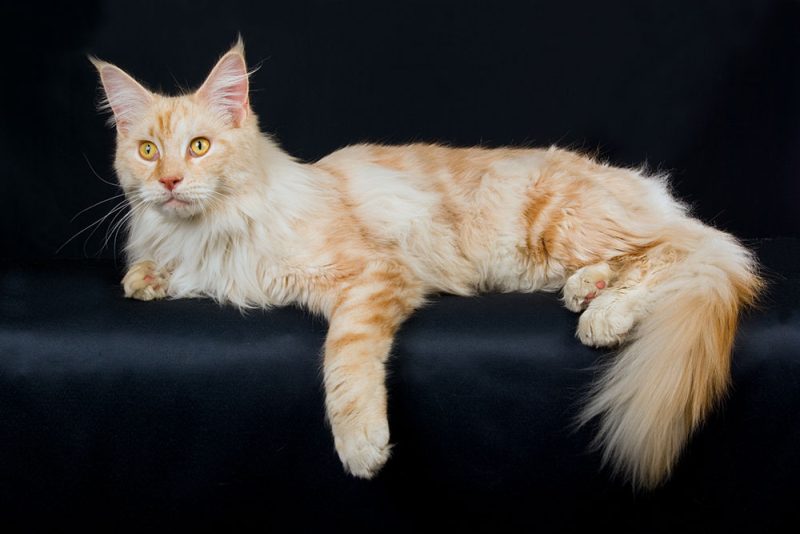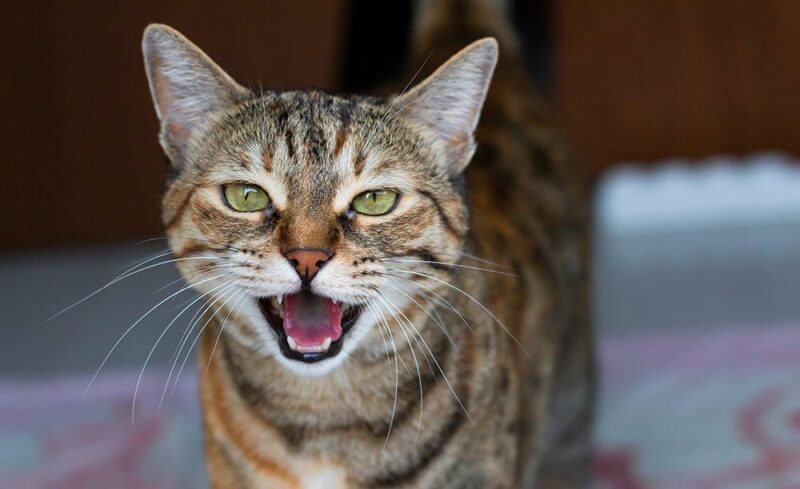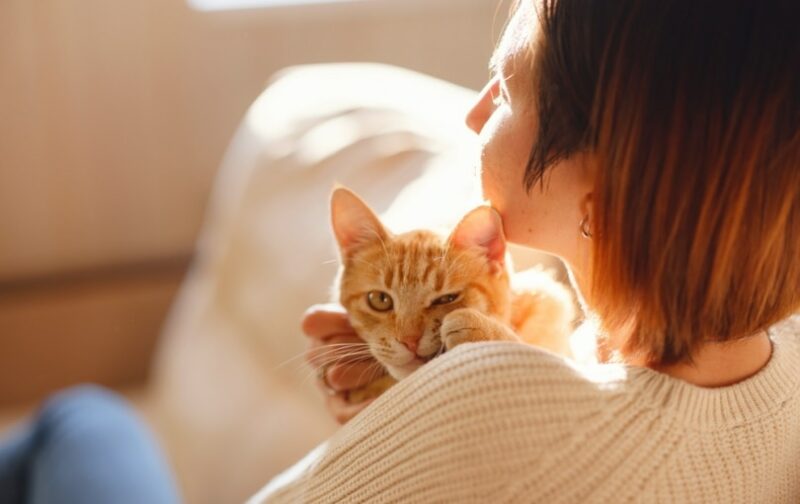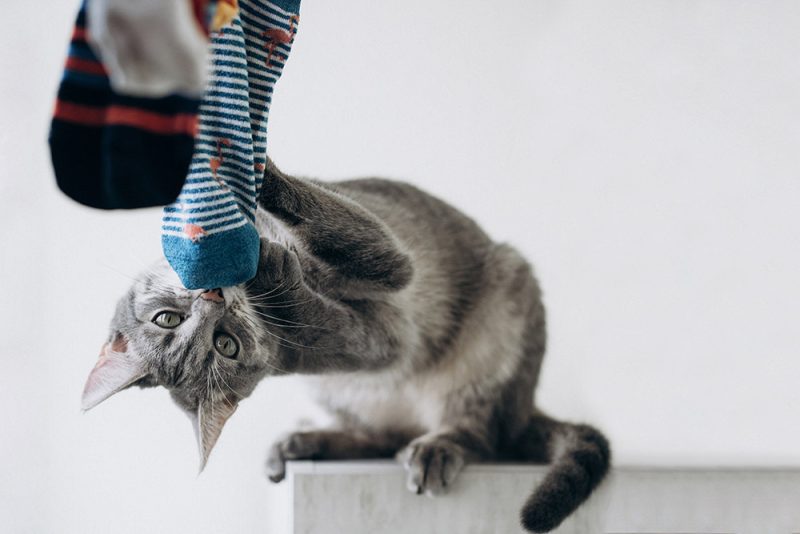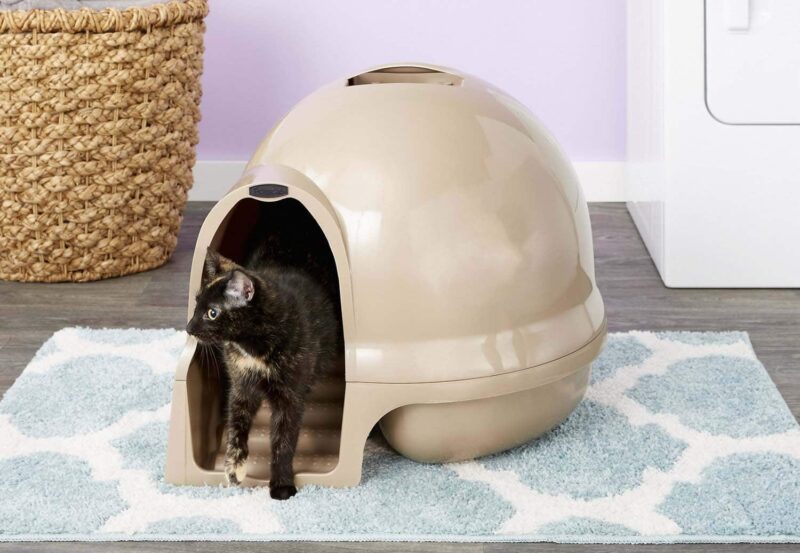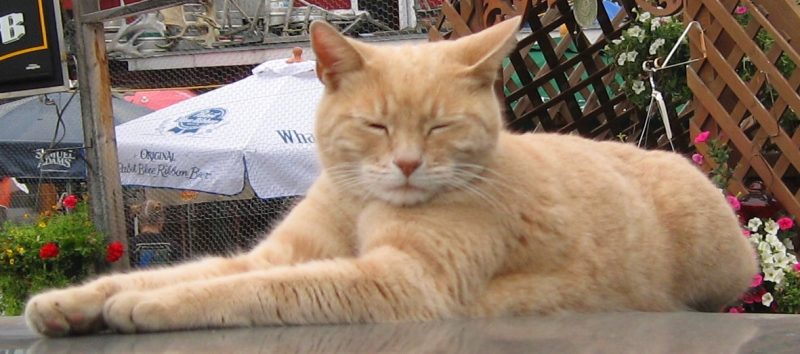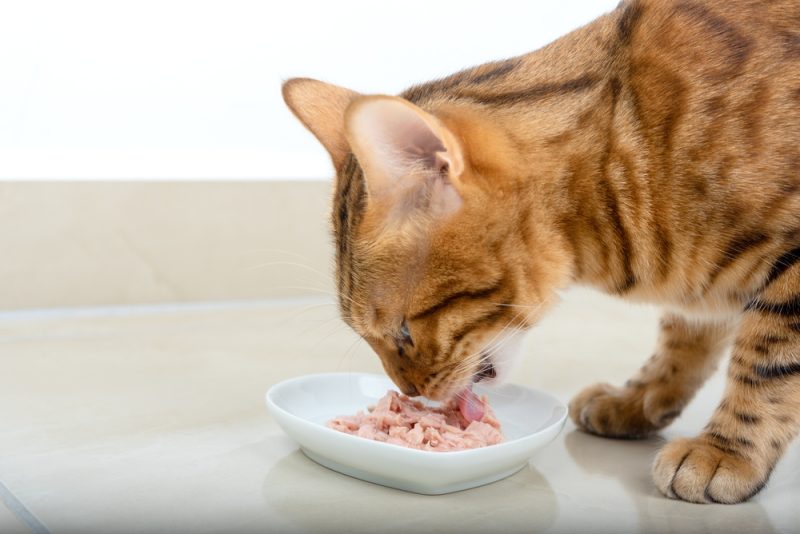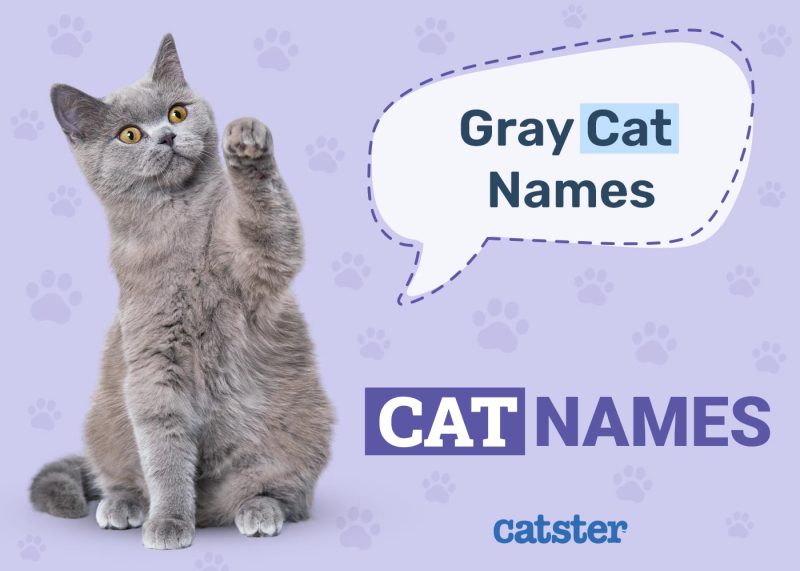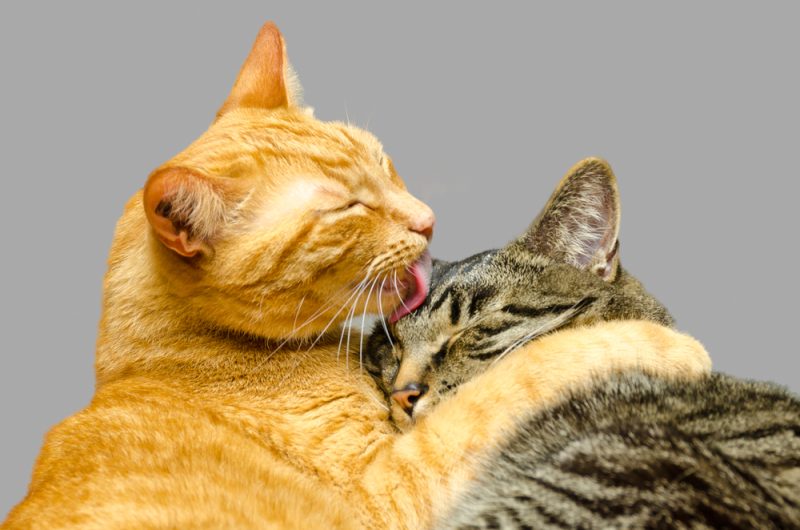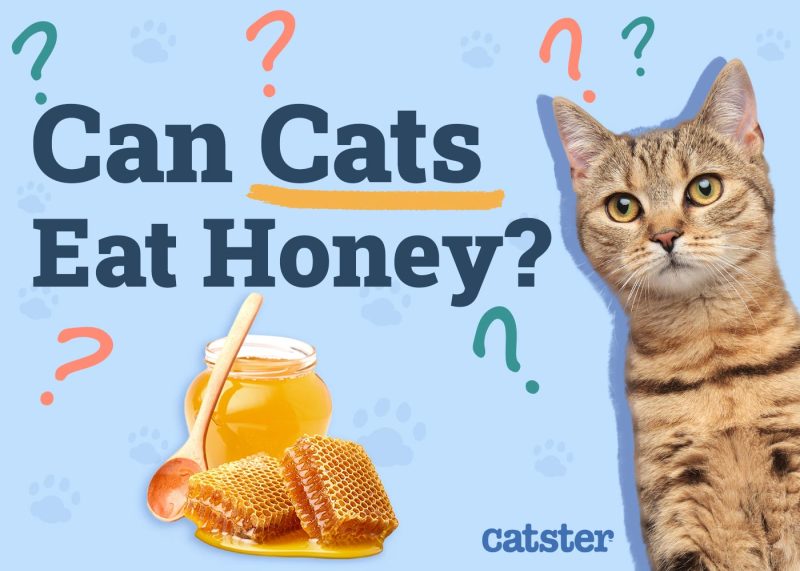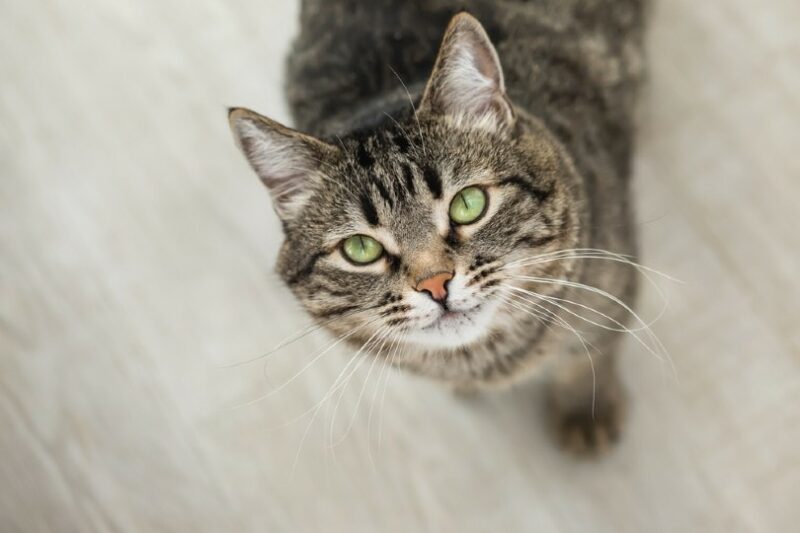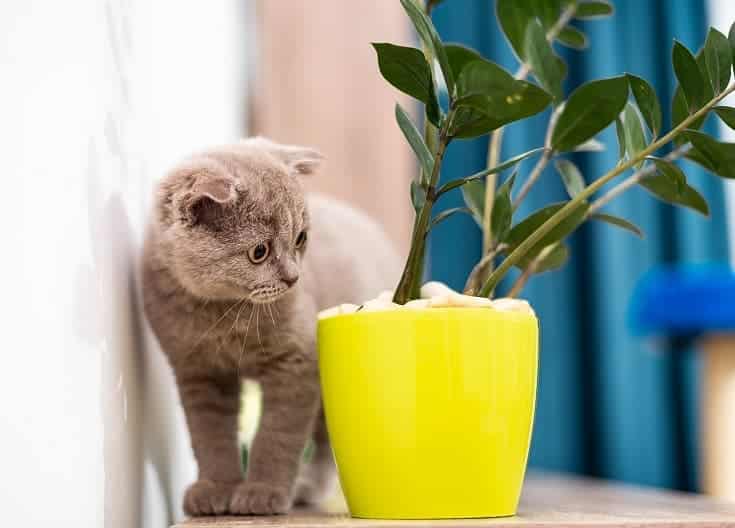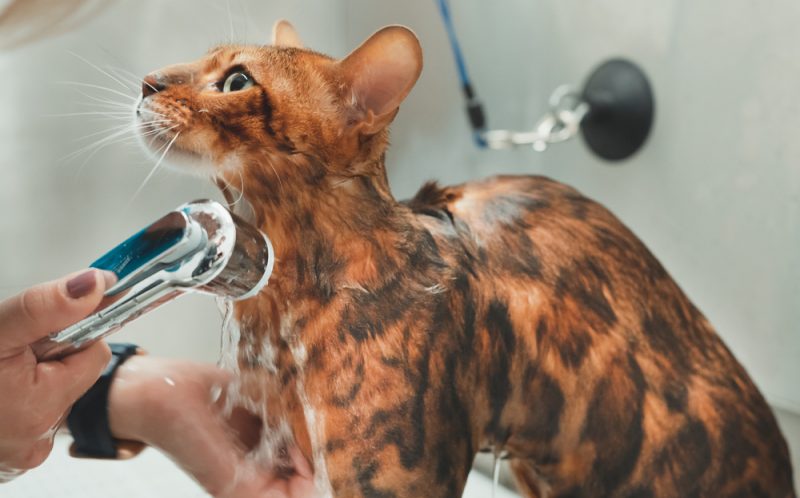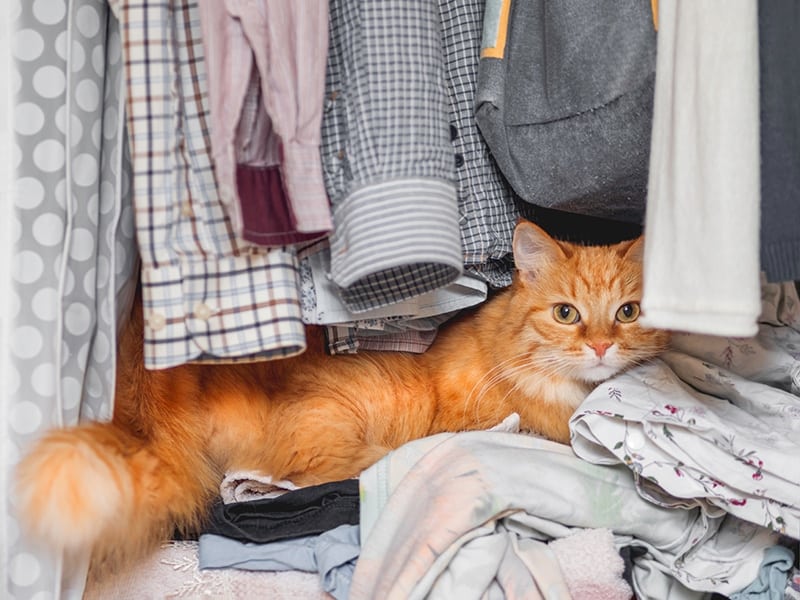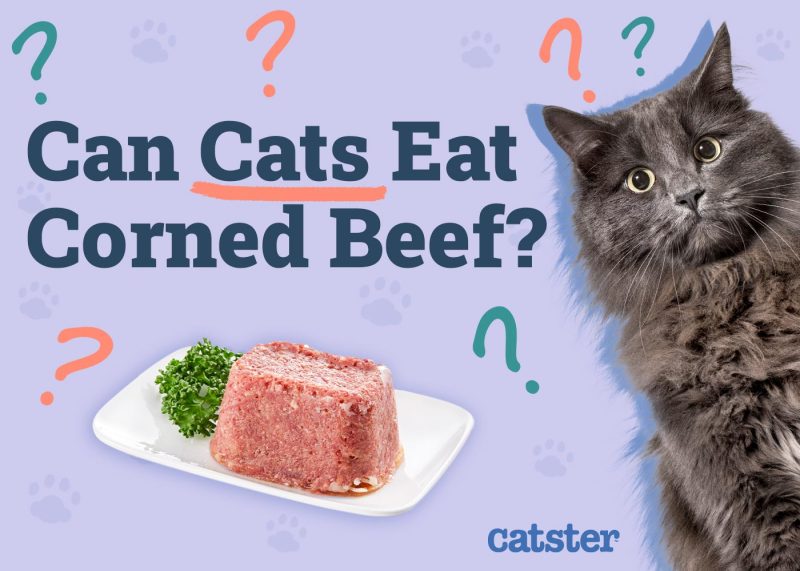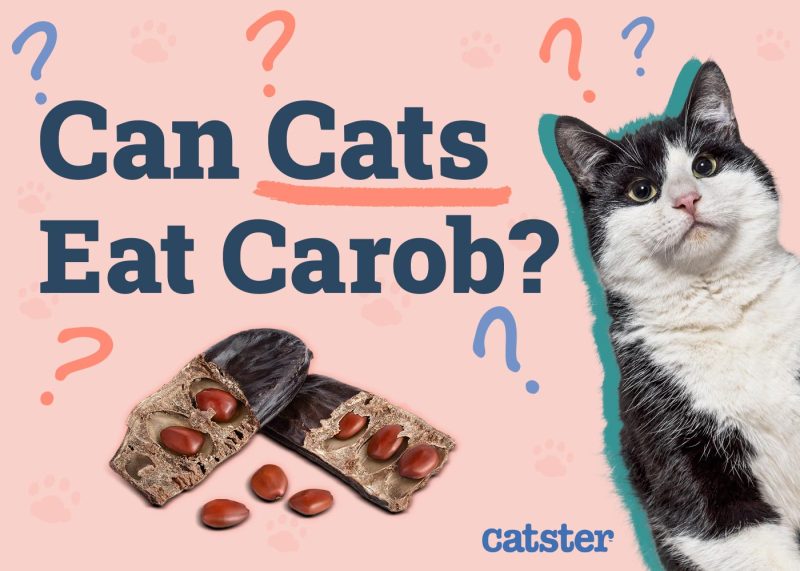In this article
View 2 More +It’s no secret that cats love treats, although the preference for taste and texture varies between individual cats. Is there a reason that cats love treats so much, though? Why do they love treats more than their food? In the US alone, cat parents spend around $3 million per year on treats, so clearly there’s something to it!

Why Do Cats Like Treats?
1. Taste
We all know that “treats” often taste much better than the foods we eat all the time, and it’s fair to assume that it’s the same for cat treats. However, it isn’t just the flavors in the treats that make them more appealing to your cat than their regular food.
Commercial cat treats are often packed with flavor enhancers. They also often have a strong smell, which increases their appeal to many cats.
Treats are also nutritionally different from cat food. They’re often made with more fat and calories than cat food, making them extra tasty and appealing to your cat’s instinctual desire to consume nutrient-dense foods. Much like cookies, cakes, chips, and sodas for people, cat treats are formulated specifically to appeal to your cat’s palate.
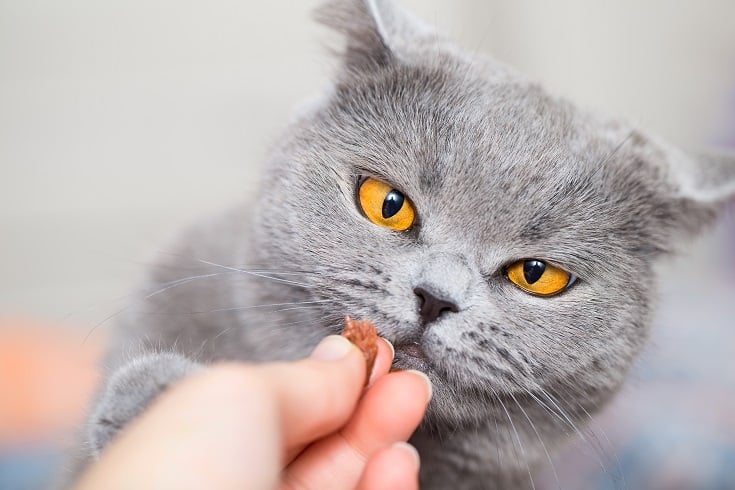
2. Texture
Some cats may be picky about food textures, which is why some cats will only eat kibble or wet food while others will eat just about anything you give to them. The texture of treats can vary from liquids and mousses to crunchy or chewy. There’s definitely a treat texture to appeal to every cat! It may take a few tries to find the treats that your cat prefers, especially if they’re a picky eater, but once you find the right treat, your cat will be begging for more.
3. Relationships
Many cats love to bring dead animals or toys they’ve “hunted” to their owners. One reason they do this may be to replicate mother-kitten instincts, as a mother cat would teach their young how to hunt and eat food by bringing prey for them. Cats also bring home what they have hunted to an area they feel safe and comfortable in.
Whatever the reasons for the ‘gifts’ your cat brings you, the ritual of giving food to others is important for cats and people. When you give treats to your cat, you’re strengthening the bond between the two of you by not just giving your cat food but giving them food that is designed to appeal to their senses.
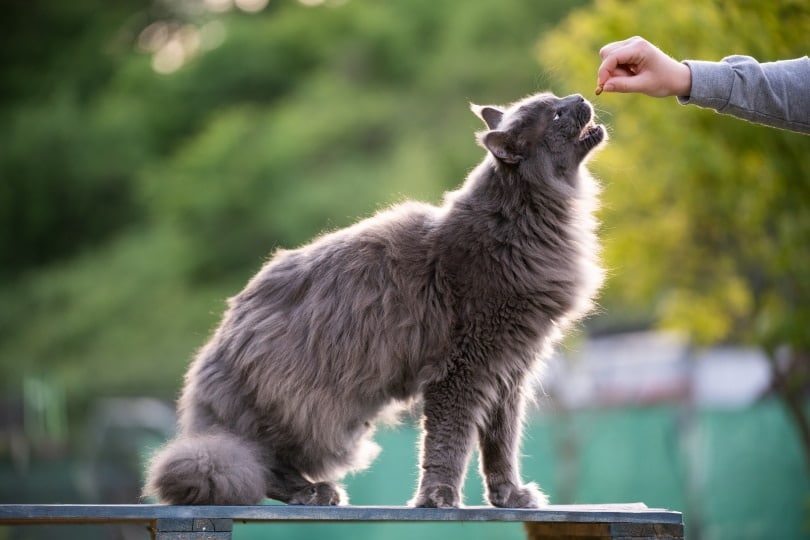

Are Treats Good for Cats?
How “good” a treat is for your cat can vary significantly between treats. Nutrient profiles and flavor profiles differ, making it difficult to overtly say that all treats are “good” or “bad.” What can be said, though, is that treats are exactly that—treats. They are not intended to be a major part of your cat’s diet. In fact, treats should not make up more than 10% of your cat’s daily calorie intake, and keeping that level closer to 5% is ideal.
Although highly appealing to cats, treats are not formulated to meet the nutritional needs of any cat. They simply do not contain the correct levels of vital nutrients to keep a cat healthy on their own. When fed in moderation, most treats can be considered safe for your cat.
Cats with special food needs may need special treats, so make sure to talk to a vet about treats before offering any to your cat if they’re on a special diet or have any medical conditions. Any treat can be bad for any cat if not fed to them properly. Overfeeding treats, even to healthy cats, can lead to serious medical problems, especially in the long run. Obesity can be detrimental to the health of your cat, and it often goes hand in hand with other conditions, like arthritis, heart disease, and diabetes.
Need veterinary advice but can't get to the clinic? Catster recommends PangoVet, our online veterinary service. Talk to a vet online and get the answers and advice you need for your cat without having to leave your living room — all at an affordable price!

Can Cats on Diets Eat Treats?
Most cat treats can significantly impact the progress of your cat’s weight loss if they’re on a diet. If your cat is under veterinary care to lose weight, then you should talk to the vet about appropriate treats for them. Some vegetables that are high in fiber and low in calories, like green beans and broccoli, can be good treats for cats, and some cats will eat these foods.
The best approach for feeding treats to a cat that needs to be losing weight is to have your vet help you calculate the appropriate calorie intake for your cat every day. This will allow you to know how many treats your cat can have per day. Just make sure to count the calories your cat consumes in treats as part of their daily intake.

In Conclusion
Check out the package of treats you get for your cat and determine how many calories are in every treat. A 3-calorie treat has the opportunity to be offered very differently from how you’d have to offer a treat that has 45 calories. Cats have a very low-calorie need per day compared to people, so it’s extremely important to lean on your veterinarian for guidance on feeding and treating your cat appropriately. Avoid table scraps and “people foods” that have not been approved by your veterinarian, as these foods may be dangerous for your cat.
See also:
- Short-Haired Cat vs. Long-Haired Cat: Differences Explained
- Pros & Cons of Having 3 or More Cats: Our In-Depth Review
Featured Image Credit: Piqsels
